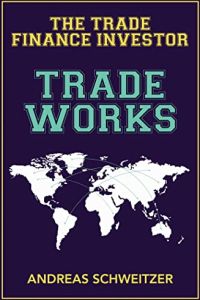You might be vaguely aware that cargo ships transport from far-away lands many of the items you buy every day. But do you know anything about the little-noticed financial sector that funds the movement of goods all around the world? Andreas Schweitzer, a London-based financier, offers a primer on trade finance and its value for investors. He explains factoring and reverse factoring, along with the stringent due diligence required before making a loan against collateral that’s sitting on a ship on the other side of the globe. While getAbstract never offers investment advice, readers will find this a solid introduction to trade finance.
Trade finance can be a safe and stable investment.
Trade finance occupies a niche that offers investors diversification from the vagaries of stock markets. While the broader economy does influence imports and exports, trade finance investments are far less volatile than global equities, something that British merchant banks have known for centuries. Even legendary investor Warren Buffett found a way to invest profitably in trade finance: As the COVID-19 pandemic roiled supply chains, Buffett made a $6 billion investment in the five largest trading shops in Japan, thereby diversifying his portfolio in a low-risk way.
Trade financing first emerged as a way to solve a practical problem. An exporter could send a shipment overseas to an importer before accepting payment, but that entailed an obvious risk – what if the importer decided not to pay? From the importer’s viewpoint, the conundrum was similar: The buyer could pay the seller in advance of the shipment, but what if the shipment didn’t arrive? Uncertainty and time delays plagued both parties. Letters of credit partly solved that problem, and telexes, faxes...
Andreas Schweitzer is managing director of London-based Arjan Capital Ltd, a trade and corporate advisory firm with a focus on factoring, trade finance and payment mechanisms.












Comment on this summary